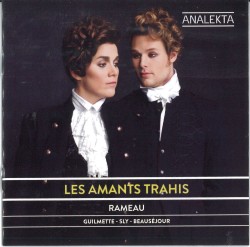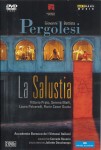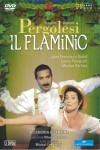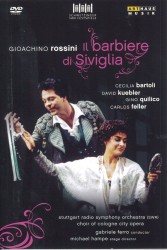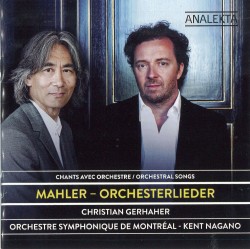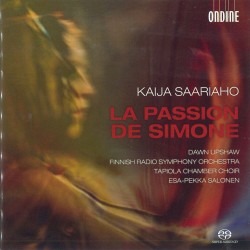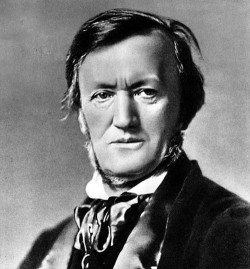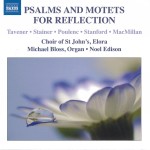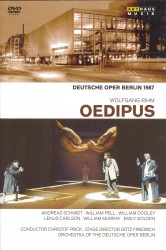La Voix Nue – Songs for Unaccompanied Voice by Living Composers - Patricia Green
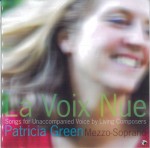 La Voix Nue – Songs for Unaccompanied Voice by Living Composers
La Voix Nue – Songs for Unaccompanied Voice by Living Composers
Patricia Green
Blue Griffin Records BGR279
bluegriffin.com
An entire disc of unaccompanied vocal works is a courageous undertaking for a singer, as the selection and performance of repertoire as well as its pacing and placement must engage the listener from start to finish. In addition, the singer must execute absolute precision of pitch while effectively conveying dramatic content. The beautiful, rich, warm tone of Patricia Green’s voice, combined with her dramatic sensibilities and skilful musicianship, is perfect for this collection of songs by living composers. These pieces, though modern, for the most part draw on historical material with texts from Shakespeare, Norwegian history, Ovid, Native legend, 5th-6th century aphorisms and surrealist French poetry.
As a committed performer of new music, Green is highly attuned to the intention of composers and respectfully steps out of the studio to delightfully make an exception to her solitude, allowing the accompaniment of birdsong for the excerpt from R. Murray Schafer’s Princess of the Stars. Another interesting and iconic work, King Harald’s Saga by Scottish composer Judith Weir, highlights Green’s dramatic flare, featuring a mixture of narrative and interchanging roles, each of which is given its own characteristic voice. Hillary Tann’s dramatic song cycle Arachne, in which an apprentice weaver takes a haughty stance with her teacher Athene and pays dearly for it, gives Green yet another opportunity to characterize more than one voice. The same again for Jonathan Dove’s setting of Shakespeare’s Tempest verses in Ariel. A couple of eclectic cycles by José Evangelista and György Kurtágprovide the singer a chance to exhibit a light and playful air, most charming indeed.


